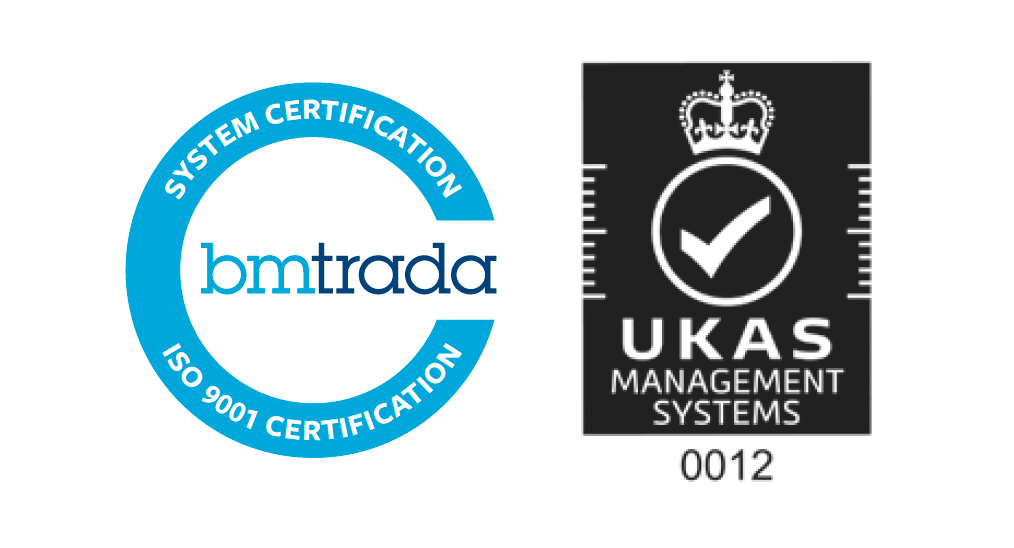CF hosted a roundtable discussion with a number of prominent Integrated Care System (ICS) leads. The conversation was wide ranging but focused on three themes: how to set ambitions for an ICS, how data can be used effectively, and how to inspire the necessary cultural change to make ICSs a success. We have summarised the key points from these three themes below.
![ICS Roundtable participants[90] – Read-Only](https://www.carnallfarrar.com/wp-content/uploads/2023/01/ICS-Roundtable-participants90-Read-Only.jpg)
Ambition
The first major topic covered was around setting ambitions for ICSs. Ambitions must be far-reaching and represent a genuine shift from the status quo, but also be realistic. ICSs need to collaborate with system partners to develop a set of ambitions which reflect the wishes and needs of partners and the local population.
Rob Webster – Ten Ambitions for West Yorkshire ICS
Rob Webster sets out the ten ambitions his ICS has established. Three based in health inequalities, four based in clinical outcomes and three societal indicators. These ambitions are designed to reflect the needs of the local population, as well as reduce some of the long-term health inequalities seen throughout the health system.
Sam Allen – Making sure that ambitions are realistic but ambitious
Sam Allen describes how North East and North Cumbria ICS set out a series of ambitions which reach further than just the five-year horizon required by the current strategy cycle, despite setbacks experienced due to the Covid-19 pandemic. To make a meaningful impact in addressing some of the system’s deeper rooted challenges requires a longer term view, in addition to ambitions set out to the five-year horizon.
Rob Webster – Co-creating ambitions with partners
In West Yorkshire ICS, around 120 people from across the system have been involved in co-production of the five-year strategy refresh. This has been aided by an approach which actively encourages participants to involve more people, ensuring that a wide and diverse set of voices is heard. He talked about how partners in the co-production can include people within the conversation whose voices might not have been heard otherwise.
Sir Chris Ham – The need for a supportive approach at a national level
CF advisor Sir Chris Ham calls for holistic national guidance that enables ICSs to collaborate with system partners, rather than focus on a narrow set of core NHS priorities, if ICSs are going to deliver on the strategies in development at present.
Chris suggests that the ‘authorising environment’ for ICSs must be well-aligned with the needs and ambitions of ICSs themselves.
Data
The ICS leaders discussed the use of data in their organisations and how this can be improved. In particular, leaders noted that data must be used to establish measurable ambitions but that the current data landscape within ICSs is often disparate and unintegrated. Taking an integrated approach to data will be crucial and help take a full-system picture.
Sam Allen – Ensuring that ICS goals are measurable
Sam Allen is clear that ICS goals must be measurable; rather than being stated goals, all the goals for the North East and North Cumbria ICS have underpinning measures that allow managers to understand progress. At the North East and North Cumbria, these goals in many cases extend over a longer time-frame than the upcoming five-year strategies, and are often framed as progress within the ICS relative to national indicators.
Javed Khan – Many ICSs are data-rich but information-poor
How can ICSs use data? Javed Khan explains that many ICSs are ‘data-rich but information-poor’ due to the significant amount of data which is available within the ICS landscape which is not integrated or analysed. He also notes that investments by Buckinghamshire, Oxfordshire and Berkshire West ICS in analysing their data have reaped significant benefits in terms of system understanding.
Lena Samuels – Data must be integrated across the system
How do we get a combined integrated view that we can discuss together to understand our challenges? How can we integrate data and motivate people to work together collectively?
Lena Samuels says that, whilst recognising that they operate to different targets, an integrated dataset across system partners is a necessity. Only with an integrated dataset can ICSs create the necessary cultural shift for collective responsibility within a system.
Ben Richardson – How we help ICSs make sense of the wide array of data available
Ben Richardson describes how ICS leaders can often feel they are ‘drowning in data’ but find it difficult to take meaningful insights from the available data. CF have focused on helping ICSs curate the available measures to ensure consistent and comparable data. This will allow ICSs understand and compare their performance, both internally and relative to peers.
To learn more about our work to help ICSs curate the wide array of data available, read more about our Integrated Care Explorer tool here.
Ben Richardson – Goals, evaluation and data science
CF Managing Partner Ben Richardson explains CF’s work in helping ICSs define a smaller number of realistic goals which they can commit to and evaluate over time. We have used data science to take a counterfactual view of ICS initiatives – how would an ICS have performed if they hadn’t taken a certain action? By using data science, the NHS will be able to separate the signal within data from noise and help leader understand the impact of their actions.
To learn more about our work to help ICSs curate the wide array of data available, read more about our Integrated Care Explorer tool here.
Inspiring partnerships
The new Integrated Care System framework is designed to represent a sea change in health and care in England. In addition to a series of organisational and administrative changes, leaders must ensure that a cultural shift takes place so that all leaders view health as a collective responsibility. Only this cultural shift will enable leaders to inspire the partnerships needed in the local system.
Sam Allen – The power of stories to bring together system partners
How can we bring together large collections of partners? As one of the largest ICSs, North East and North Cumbria ICS might have struggled to bring together all of its system partners to form a system collective. But, as Sam Allen explains, using patient and community stories has provided common ground for collaboration, as all partners recognise the problems at issue.
Javed Khan – ICSs represent a brave new world for the health and care system
As Javed Khan lays out above, rather than just being another NHS body, the new ICS landscape represents a fundamentally different approach to health and care through systems working. This will not be an overnight change but will require a cultural shift across the system, with all ICSs in varying stages of their development.
Sir Chris Ham – The importance of trust in establishing new relationships
As Javed Khan said earlier in our series, ICSs represent a radical new landscape for health and care, which must be underpinned by a significant cultural shift. Sir Chris Ham argues that to make this culture shift real will require the building of trust. He argues that this trust can only be developed in leaders making credible commitments to one another, and fulfilling those commitments.
Rob Webster – Accountability to the future
Rob Webster is clear that, on top of the culture, West Yorkshire ICS must ‘hardwire’ into the governance a consideration of the longer term. To ensure accountability to future generations, the ICS has included on the Board a Non-Executive Director for future generations and a 20 year-old, ensuring that often under-represented voices are heard.




